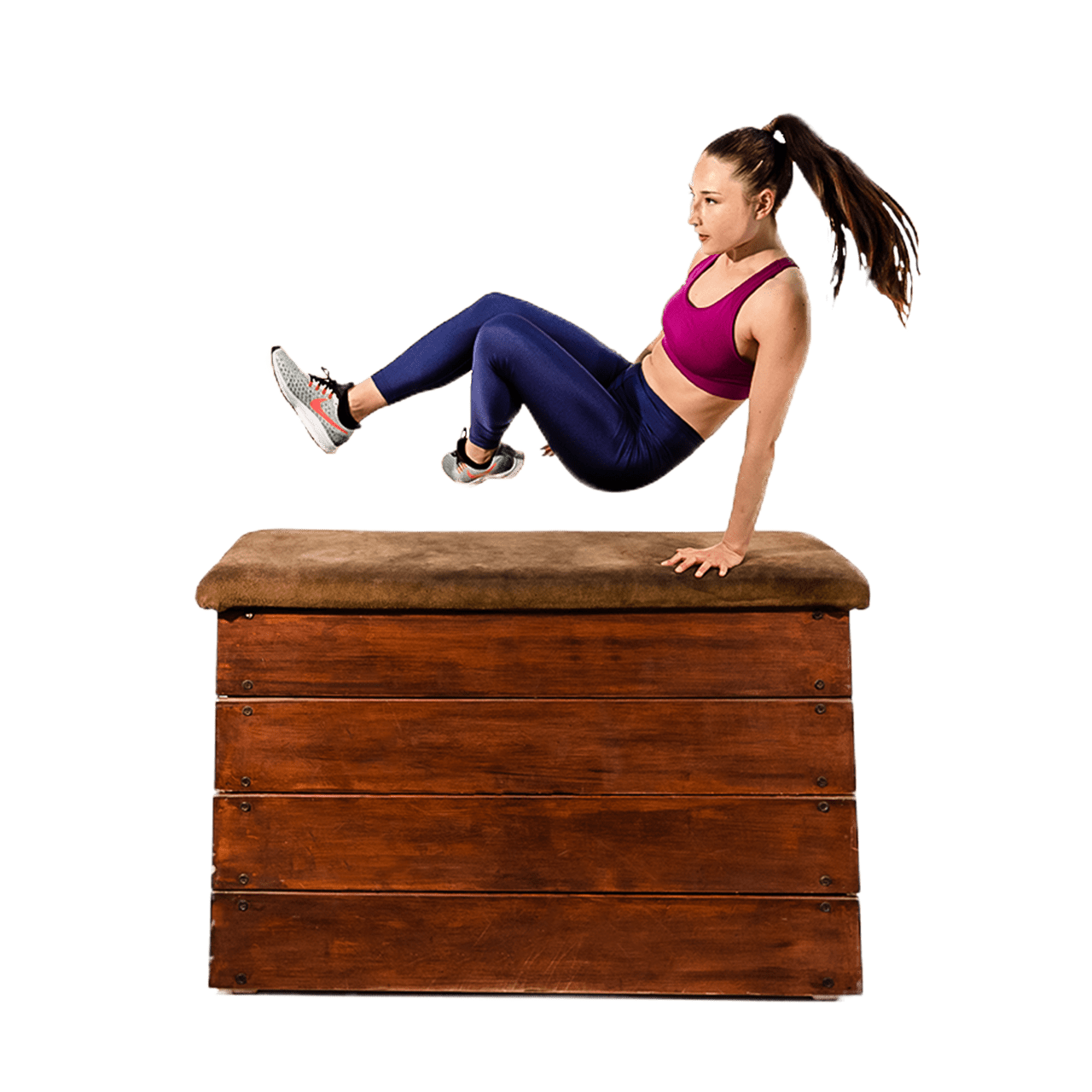When it comes to moving effectively, learning how to turn seamlessly in both directions enhances your overall agility and versatility. Whether you're navigating through a crowded space or changing direction quickly during a physical activity, mastering the art of turning can be a game-changer. This skill involves basic body movements that include pivoting and stepping with intention, making you feel more confident as you move around.
To get started with turning, focus on coordinating your hand and foot movements. When you want to turn right, engage your right hand and left foot, pivoting your body around your arm to transition smoothly in that direction. For turning left, the opposite applies: use your left hand and right foot to create that spin. It's important to practice this motion repetitively to build muscle memory. As you become comfortable, try using your non-dominant hand and foot, which will help you develop both sides of your body, making your movements more adaptable. This can be especially useful when you're maneuvering around various objects like boxes or walls, and adapting to unexpected changes in your environment.
In summary, turning effectively requires a blend of coordination and practice. By refining your movements and getting accustomed to pivoting with both sides of your body, you will improve your agility greatly. Keep practicing these turning techniques; not only will they empower you in sports and physical activities, but they will also enhance your everyday movement in fluid, efficient ways.
- Practice turning both left and right using the opposing hand and foot to build coordination.
- Work on pivoting around your arm to create a smooth transition during turns.
- Develop skills with both dominant and non-dominant sides for greater adaptability in movement.
0.11all right so now you've practiced the2.25primary movement of moving forwards this4.44time we are going to turn but you should6.779be able to turn left and right so right9.3hand left foot and we're gonna pivot11.55around the arm and go to the right same14.849could be said for going the other16.32direction there's a little bit harder17.85but right hand left foot you're gonna20.279push through and you're gonna go off to23.43the left side so you should be able to25.56create a range of motion between left to28.47right just using the same step fault31.41position32.099don't forget other hand and foot so left34.44hand right foot and you should be able36.48to go straight and vary where you're38.91going based off of that so make it more40.829versatile and be able to adapt to the43.89environment and again this is nice and46.11simple a box or a vault or a wall it's50.01nice and easy but it's rare that the52.35environment is actually like that
1 00:00:00,000 --> 00:00:04,000 all right so now you've practiced the 2 00:00:02,000 --> 00:00:06,000 primary movement of moving forwards this 3 00:00:04,000 --> 00:00:08,000 time we are going to turn but you should 4 00:00:06,000 --> 00:00:10,000 be able to turn left and right so right 5 00:00:09,000 --> 00:00:14,000 hand left foot and we're gonna pivot 6 00:00:11,000 --> 00:00:15,000 around the arm and go to the right same 7 00:00:14,000 --> 00:00:17,000 could be said for going the other 8 00:00:16,000 --> 00:00:19,000 direction there's a little bit harder 9 00:00:17,000 --> 00:00:22,000 but right hand left foot you're gonna 10 00:00:20,000 --> 00:00:25,000 push through and you're gonna go off to 11 00:00:23,000 --> 00:00:28,000 the left side so you should be able to 12 00:00:25,000 --> 00:00:30,000 create a range of motion between left to 13 00:00:28,000 --> 00:00:31,000 right just using the same step fault 14 00:00:31,000 --> 00:00:34,000 position 15 00:00:32,000 --> 00:00:36,000 don't forget other hand and foot so left 16 00:00:34,000 --> 00:00:38,000 hand right foot and you should be able 17 00:00:36,000 --> 00:00:40,000 to go straight and vary where you're 18 00:00:38,000 --> 00:00:42,000 going based off of that so make it more 19 00:00:40,000 --> 00:00:45,000 versatile and be able to adapt to the 20 00:00:43,000 --> 00:00:49,000 environment and again this is nice and 21 00:00:46,000 --> 00:00:52,000 simple a box or a vault or a wall it's 22 00:00:50,000 --> 00:00:56,000 nice and easy but it's rare that the 23 00:00:52,000 --> 00:00:55,000 environment is actually like that
![How to Step Vault #5 - Turning Parkour Tutorial. [118]](https://londonparkour.com/wp-content/uploads/2024/10/large/CSDsFrx1zmY.jpg)
